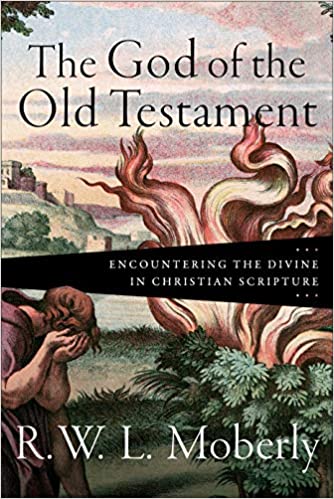Q. I wonder if you have come across the work of Michael Heiser? He has a whole book on Angels, and quite a lot to say about Ps. 82 as a conversation between God and other supernatural beings, not between God and human beings. I wonder what you think about that idea? The concept involves angels being related to different nations or ethnic groups and being partially responsible for their living in accord with God’s will.
A. No, I haven’t read Michael Heiser. My immediate response is that his proposal sounds like a variant of the common scholarly understanding of the deities in Ps. 82 as tutelary deities as in Deut. 32:8-9. Although this makes sense, I don’t go along with it for the reasons I give in my chapter.
Q. One of the things Heiser points out about Psalm 82 is the language of ‘other’ does not occur in this psalm, and that the use of Elohim does not necessarily suggest we are talking ANE deities here. More likely the term should just be translated supernatural beings and refer to God’s angelic council, like in Job 1-2 where the Satan shows up as part of that divine council. You also point out the lack of ‘other’ language in Ps. 82 and ponder why no Yahweh language (p. 106). But perhaps it is because this psalm is not about God’s relationship with Israel but rather as the sole deity in relationship with the world, maintaining justice. This then has echoes of ‘let us make man…’ from Genesis 1 which also is a non-Yahweh text, and with Job 1 as well. Furthermore, the natural way to read the court scene in Daniel 7 is that 7.10 refers to God’s angelic entourage, who attends to him, not least because angels are quite specifically mentioned or named in that book. And one has to ask, why would a Yahwist think that pagan deities are part of Yahweh’s court and beings with whom he would consult. Further, God expects positive things out of his angels and when they sin they are judged. The point here would be that God would expect his angels to uphold divine justice, care about the orphan etc. but why in the world would he be conferring with and more importantly expect such things of Gods like Dagon or Baal? I can think of no reason. Lastly, why can’t Gen. 6.1-4 come into play here? At the end of Ps. 82 we hear that the Elohim are children of the most high, which is not unlike the reference to the Sons of God who came down and mated with the daughters of humanity. Further, the calling of these beings princes also suggests angels. And clearly, both Jude and 2 Peter take that text to be referring to angelic misbehavior which God will judge, as he does Satan in Revelation. How does this strike you?
A. All this is a possible reading of the biblical text. And insofar as it resonates with understandings of angels in Christian tradition, I do not dismiss it. Nonetheless, I resist it as a reading of Ps. 82 in its OT context. One of the key contentions in my reading – less common than the point about the association of true divinity with justice – is that the divine “council” in Ps. 82 is an imaginative scenario, used to make a point, and that this is equally true of the other explicit depictions of a “divine council” elsewhere in the OT, Job 1:6-12, 2:1-6 and 1 Kgs 22:19-23 (of which I have offered close readings elsewhere). I am proposing that the biblical writers were happy to use the common ancient image of deities in council, presided over by a supreme deity – which is analogous to a king and his counsellors on earth – as a scenario that could vividly make a point (somewhat like Jesus’ use of the postmortem scenario of the rich man and Lazarus in Lk. 16:19-31).













